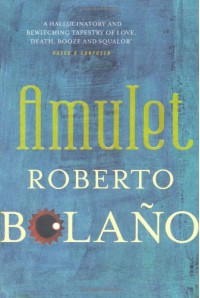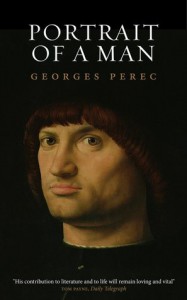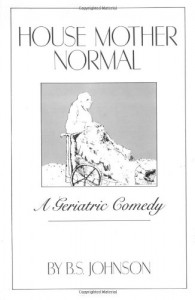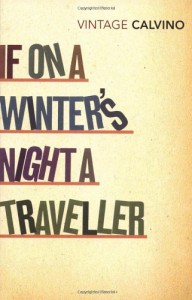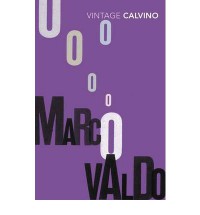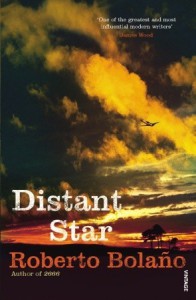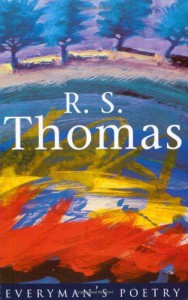
I bought this edition of R.S. Thomas' 'Selected Poems' when it came out in the mid-1990s - around the time that the Welsh former priest was nominated for the Nobel Prize - and have dipped in and out of it ever since. This was the first time that I had read it cover to cover, however (by virtue of being laid up with a bad back).
'Bleak' is the adjective most commonly applied to Thomas' poetry and 'solitary' to the man himself. He wrote about life in one small corner of the world and revisited familiar themes. How easy, then, it would be to write one of those reviews 'in the style of'. Fortunately, I resisted. The best of his short verses build ineluctably into powerful structures like grey parish churches from Welsh granite. 'An Old Woman' concludes:
'...and now and then she laughs,
A high, shrill, mirthless laugh, half cough, half whistle,
Tuneless and dry as east wind through a thistle.'
'In Church', one of many questioning the poet's faith ends:
'There is no other sound
In the darkness but the sound of a man
Breathing, testing his faith
On emptiness, nailing his questions
One by one to an untenanted cross.'
Most moving of all is the last poem in the collection, lines written on the death of his wife of more than fifty years:
'And she,
who in life
had done everything
with a bird's grace,
opened her bill now
for the shedding
of one sigh no
heavier than a feather.'
Thomas was also known for his opposition to the erosion of Welsh culture by that of England. I can empathise with his perspective and recall a heated discussion about the issue with friends in Suffolk long ago. Alongside his unfashionable concern with God, this may add to his difficulty for some English readers.
This copy in the Everyman's series cost me £1 when it was new. I cannot imagine a pound better spent.

 Toon Tellegen
Toon Tellegen


